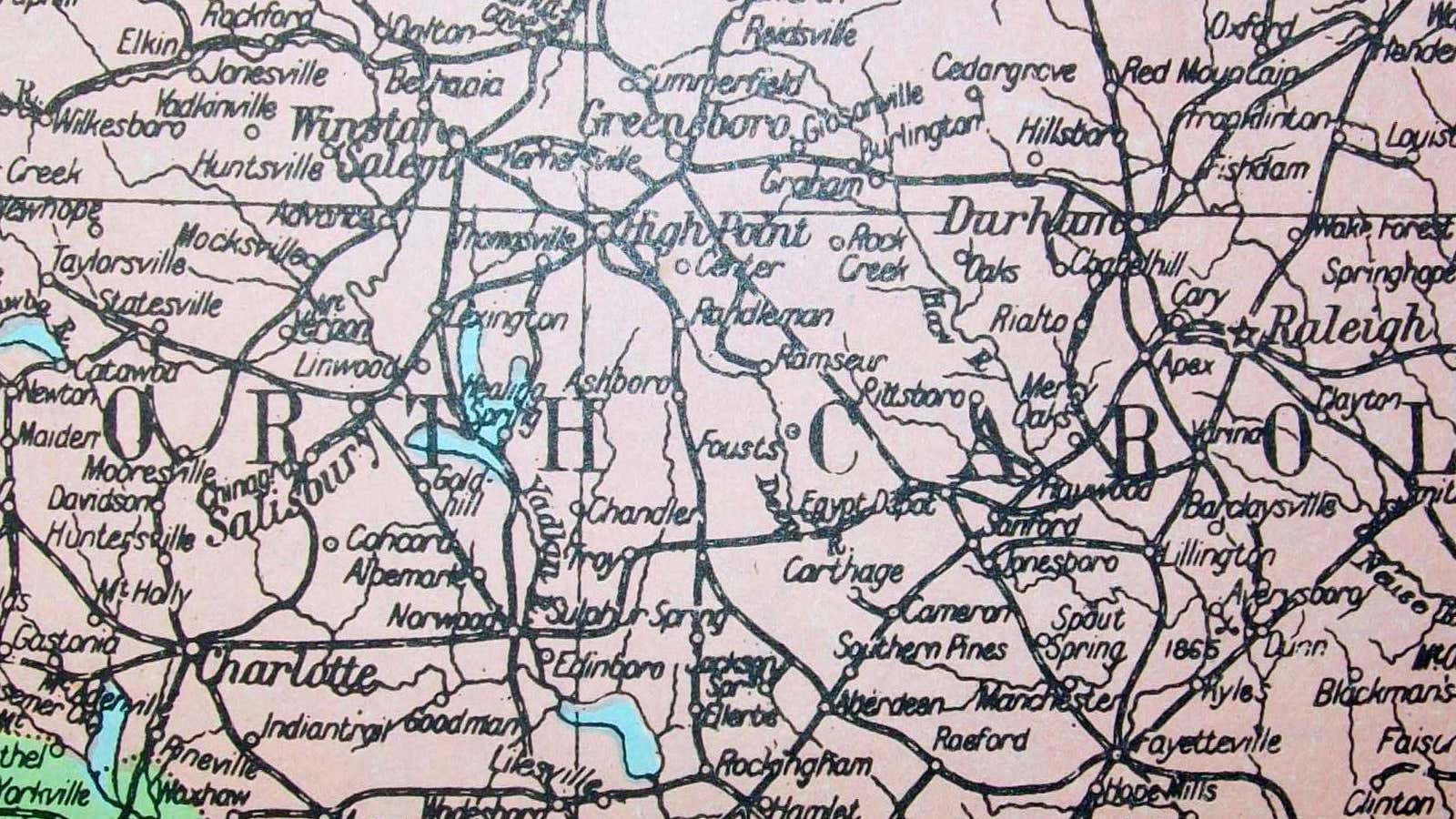I was privileged enough to be born a white, trans man in the great state of North Carolina, a state whose employees worked with me to amend my birth certificate in July of 2011 to reflect my gender. Thanks to the great state of North Carolina and the fact that I had the $40 required to officially change my name and gender on a piece of paper, I could fly to Mexico last November—two months after the death of our mother—for my brother’s wedding with minimal fear of being harassed by the airport security about mismatched gender markers. Thanks to the great state of North Carolina, my brother could dance with his siblings to the song we played Mom as she lay unconscious in hospice, the song we sent her off to: “Graceland,” by Paul Simon.
Thanks to Nancy at Vital Records and the other kindly women, only women, who helped me navigate the red tape, I am one of only 21% of transgender people in the US with all of my I.D. records updated. That means I have a driver’s license that I can use without fear of violence. I used that license to rent car after car to drive from New York City to where my mom lay dying in Pennsylvania, and again to go to her memorial, and again to clean out her house, and again to see my aunt over the holidays and hear stories and see pictures I never knew existed of my mom long before I was born.
Thanks to Nancy and the nice folks at the North Carolina records department, I can select “male” as the gender marker for my health insurance. I have a social security card that matches my birth certificate, so I can begin new jobs with little administrative friction. I can open a bank account. I can rent an apartment. I am not at all as bureaucratically incoherent as my body used to make me feel physically. I am integrated.
Thanks to North Carolina.
And thanks to Nancy at Vital Records and North Carolina being the first US state to pass a law requiring people’s birth certificates match the bathroom they use this week, I am now one of the lucky few trans men that can still walk into a public men’s bathroom in North Carolina legally.
I am so angry with the lawmakers in my home state who passed legislation Wednesday (Mar. 23) to “protect” women by forcing men less privileged than me to use their bathrooms. The process of changing one’s name and gender in the United States remains Kafka-esque, a tangled bureaucratic web that changes depending on your state. It takes time and money to complete the steps, which vary but usually include obtaining a notarized name change in probate court and presenting a letter from a doctor “confirming” that the person is transgender (and, in most cases, has had very expensive surgery), along with a myriad of applications and forms.
Thanks to North Carolina, most transgender people who look like me or my trans sisters must now choose between breaking the law or putting their lives in danger by using the wrong bathroom.
This is policy is as much about class as it is about transphobia. More than a year removed from the Supreme Court decision that legalized same-sex marriage, we are witnessing what could amount to a similar national tipping point for transgender rights. Lawmakers in North Carolina have thrown down the gauntlet by passing a far-reaching discrimination bill that removes protections for LGBT people in the workplace and in public accommodations, while preventing municipalities from making any new ones.
This is something you should care about if you care about people, or civil liberties, or public health. This is about my home state’s willful failure to protect some of its most vulnerable citizens from the significant risk of physical violence, alongside the health complications that result from prohibiting access to restroom facilities. I have been there: In truck stop bathrooms so terrifying, I turned around and walked out rather than attempt to use the one rickety stall; in a hundred men’s rooms with door-less stalls, holding it and holding it and holding it rather than risk giving myself away. I still change in locker rooms facing the bank of lockers, hoping my difference doesn’t get noticed, or get me hurt, or get me killed.
I am from North Carolina, and I am trans, and I am one of the extremely lucky ones.
I’ve never felt born in the wrong body but I have felt born in the wrong culture. Today, for the first time, I feel born in the wrong state.
